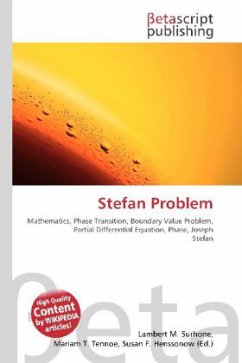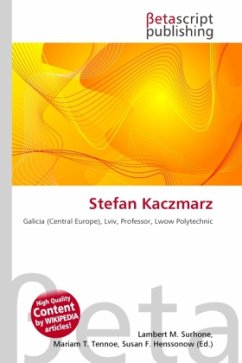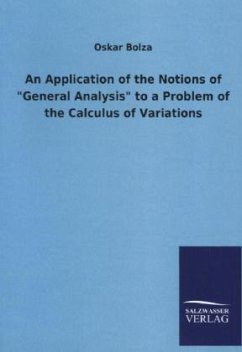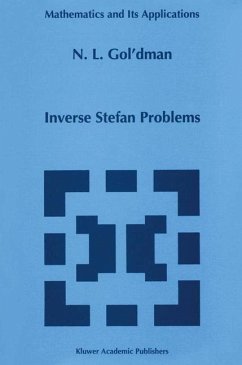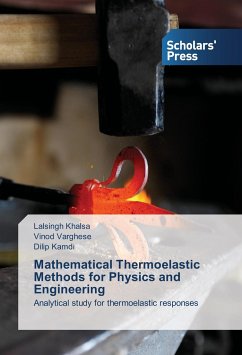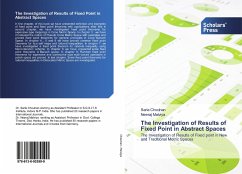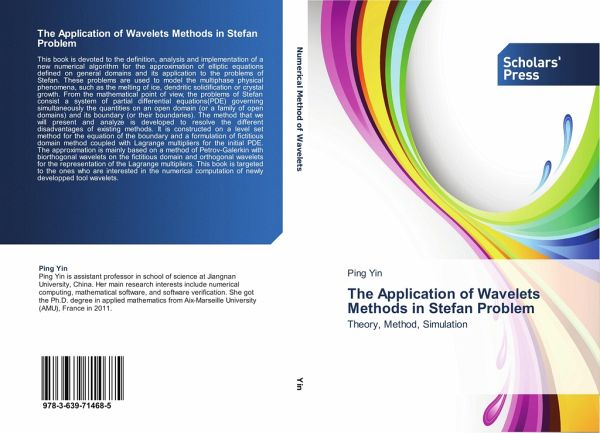
The Application of Wavelets Methods in Stefan Problem
Theory, Method, Simulation
Versandkostenfrei!
Versandfertig in 6-10 Tagen
45,99 €
inkl. MwSt.

PAYBACK Punkte
23 °P sammeln!
This book is devoted to the definition, analysis and implementation of a new numerical algorithm for the approximation of elliptic equations defined on general domains and its application to the problems of Stefan. These problems are used to model the multiphase physical phenomena, such as the melting of ice, dendritic solidification or crystal growth. From the mathematical point of view, the problems of Stefan consist a system of partial differential equations(PDE) governing simultaneously the quantities on an open domain (or a family of open domains) and its boundary (or their boundaries). T...
This book is devoted to the definition, analysis and implementation of a new numerical algorithm for the approximation of elliptic equations defined on general domains and its application to the problems of Stefan. These problems are used to model the multiphase physical phenomena, such as the melting of ice, dendritic solidification or crystal growth. From the mathematical point of view, the problems of Stefan consist a system of partial differential equations(PDE) governing simultaneously the quantities on an open domain (or a family of open domains) and its boundary (or their boundaries). The method that we will present and analyze is developed to resolve the different disadvantages of existing methods. It is constructed on a level set method for the equation of the boundary and a formulation of fictitious domain method coupled with Lagrange multipliers for the initial PDE. The approximation is mainly based on a method of Petrov-Galerkin with biorthogonal wavelets on the fictitious domain and orthogonal wavelets for the representation of the Lagrange multipliers. This book is targeted to the ones who are interested in the numerical computation of newly developped tool wavelets.



